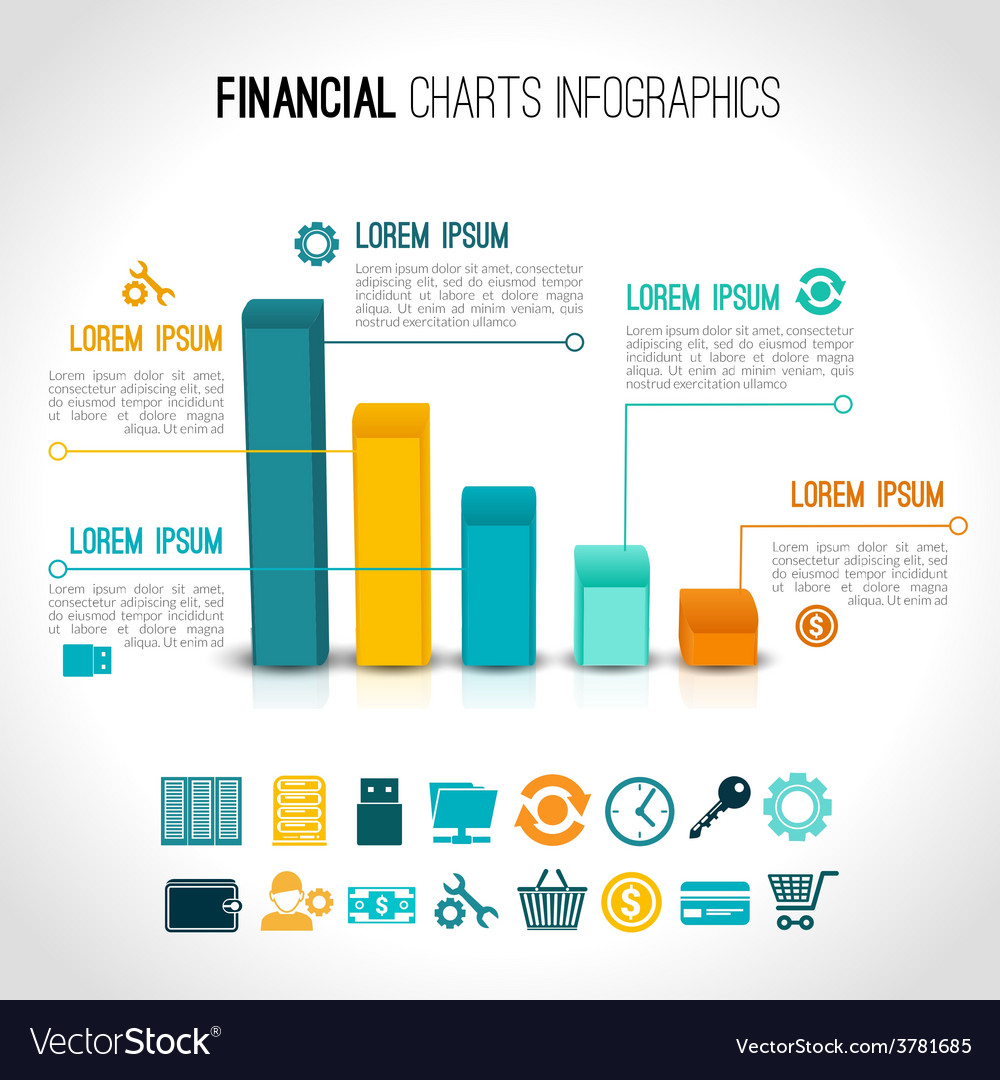The Consequences Of Falling Short To Fulfill A Performance Bond
The Consequences Of Falling Short To Fulfill A Performance Bond
Blog Article
Content Author-
When a surety concerns a performance bond, it assures that the principal (the party who buys the bond) will fulfill their commitments under the bond's terms. If the principal stops working to meet these commitments and defaults on the bond, the guaranty is in charge of covering any kind of losses or problems that result.
1. Loss of credibility: Defaulting on an efficiency bond can damage the principal's online reputation and reliability, making it more challenging to safeguard future business or financing.
2. Legal and administrative costs: The guaranty might require to pay legal and administrative expenses associated with pursuing the principal for damages or attempting to correct the circumstance.
3. Monetary losses: The surety may require to cover the expense of completing the task or providing the services that the principal failed to provide. This can cause considerable economic losses for the surety.
4. Enhanced https://industrialcontractorstexa44321.blogitright.com/26637336/eager-to-protect-your-service-with-assurance-discover-exactly-how-certificate-and-license-bonds-are-the-key-to-securing-success : If the principal has a history of back-pedaling efficiency bonds, they may be needed to pay greater costs in the future to acquire the essential bonding.
Overall, defaulting on a performance bond can have serious financial consequences for both the principal and the surety. It is necessary for principals to thoroughly consider their obligations and guarantee they are able to fulfill the terms of the bond to avoid these unfavorable outcomes.
Defaulting on a performance bond can be an expensive bad move for businesses. When you stop working to meet the bond's responsibilities, the monetary repercussions can be considerable. From paying the complete bond total up to potential lawful fights and damaged partnerships, the repercussions can reverberate throughout your organization procedures. Understanding the detailed internet of monetary effects that back-pedaling an efficiency bond can have is critical for guarding your company's monetary wellness and online reputation.
Financial Penalties for Defaulting
If you back-pedal a performance bond, you'll likely face substantial financial penalties. These penalties can differ relying on the terms of the bond agreement however frequently involve paying the bond amount in full to the obligee. This implies that if you stop working to accomplish your contractual obligations, you must pay the bond amount to the project owner or the entity that called for the bond.
In addition, you might also be in charge of any type of additional costs incurred by the obligee because of your default, such as locating a replacement service provider or covering project hold-ups.
Back-pedaling a performance bond can additionally cause lawful charges and court prices if the obligee makes a decision to take lawsuit versus you to recuperate the bond quantity. These expenses can quickly accumulate, more intensifying the economic impact of your default. It's necessary to carefully assess and comprehend the regards to the performance bond to avoid these extreme financial penalties.
Effect On Company Cash Flow
Back-pedaling a performance bond can dramatically impact your business capital, affecting monetary stability and operational capabilities. When you back-pedal an efficiency bond, you run the risk of shedding the bond quantity, which can be a substantial sum. This loss directly affects your cash flow, as you'll require to find different sources of moneying to cover the bond quantity. Moreover, defaulting can result in enhanced analysis from sureties, making it more challenging and more costly to secure bonds in the future. This can even more strain your capital as you might need to allocate additional resources to meet bonding requirements.
The influence on your cash flow does not stop there. Defaulting on a performance bond can likewise cause project delays or cancellations, causing a loss of earnings. In addition, the unfavorable track record that includes defaulting can deter possible customers, further lowering your capital. Overall, defaulting on a performance bond can have harmful impacts on your company's financial wellness and ability to run smoothly.
Lawful Ramifications and Lawsuits
Encountering legal ramifications and possible lawsuits as a result of defaulting on an efficiency bond can substantially influence your business's credibility and monetary standing. When you back-pedal a performance bond, the guaranty company might take legal action to recover the bond amount paid. This can cause expensive legal fees, court expenses, and potential settlements or judgments versus your company.
Additionally, defaulting on an efficiency bond might result in harmed relationships with clients, subcontractors, and vendors, affecting your capability to secure future agreements. material bond arising from bond defaults can taint your organization's trustworthiness in the sector, making it challenging to draw in new companions or clients.
Additionally, if the default brings about a court judgment against your service, it can cause asset seizure or liens, further straining your economic stability. Consequently, print bond to comprehend the lawful effects of back-pedaling a performance bond and take positive steps to reduce the dangers included.
Verdict
As you encounter the repercussions of back-pedaling a performance bond, remember this: it resembles walking a tightrope without a safety net. One incorrect action can send you dropping right into a monetary freefall, without method to quit the autumn.
The punitive damages, cash flow effect, and legal implications are all waiting to catch you if you slip up. So tread carefully, and constantly recognize your dedications to avoid the rough repercussions of default.
